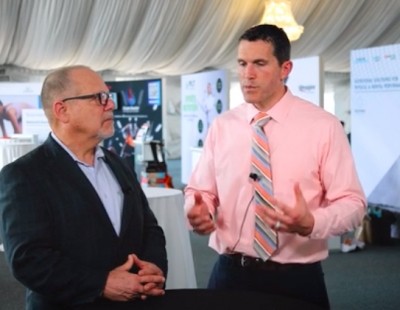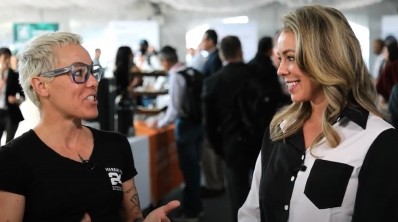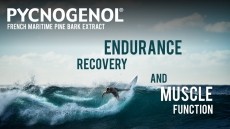The time is now for AI in sports & active nutrition

New developments in artificial intelligence are revolutionizing the delivery of personalized nutrition solutions, which are becoming an ever bigger part of the sports and active nutrition scene. AI can learn and model linear and nonlinear relationships between variables by constructing input-output mapping that reveals information that would otherwise remain unknown.
“The generic, 'one-size-fits-all' guidelines for sports nutrition neglect significant individual differences in nutrient processing and will not allow an individual to optimize their sports performance. The ability of AI to develop personalized nutritional needs assessments and then analyze which ingredients have the highest effectiveness and lowest risk for an individual, opens the doors to highly personalized nutrition products and services,” said Ali Mostashari, PhD, co-founder of LifeNome, a precision health AI company headquartered in New York City.
At LifeNome, Mostashari helps nutrition companies leverage their ability to increasingly personalize their offerings and plan products that can cover different customer profile needs at the individual or cohort level.
Accommodating the athlete
While the “one-size-fits-all” recommendations still remain, the concept is slowly fading for the general population and quickly becoming a thing of the past for the sports nutrition community.
“Athletes want to optimize their current performance while ensuring longer term sustainable performance capability and injury prevention. This requires a good understanding of their unique muscle structure and power/endurance profile, as well as injury potentials for ligaments and tendons which are highly genetic in nature. Having that information combined with an understanding of their metabolism allows for optimizing their training and diet for their unique needs,” explained Mostashari.
Indeed, personalized nutrition in athletic populations optimize performance by targeting dietary recommendations to an individual's genetic profile. These genetic differences can impact everything from absorption, metabolism and uptake to excretion of nutrients and food bioactives, ultimately impacting metabolic pathways.
Standing out in a crowded space
“I believe within the next decade nutrition companies have to shift beyond providing generic supplements and foods toward more AI-personalized functional foods that have individual effectiveness and that is what will set the first movers in this space compared to the rest of the companies in this crowded space,” Mostashari said.
Looking ahead, Mostashari said he is most excited about creating a personalization profile for an individual's nutrition, exercise, and preventative health by utilizing machine learning technologies merged with systems biology to combine data on a person's unique genetics, gut microbiome, wearables and lifestyle.
Sports & Active Nutrition Summit 2022
Mostashri will be speaking on personalized nutrition innovation at the upcoming Sports & Active Nutrition Summit.
“I will be highlighting how systems biology and AI are now enabling significant personalization capabilities we couldn't dream of before and map out different ways companies can go about biology-based and AI-enhanced personalization in the decade to come.”
Following Mostashari’s presentation, he will be joined by Diana Morgan, MS, of Care/Of, as well as Joshua Schall, MBA, of J. Schall Consulting for a panel discussion on personalized nutrition. The panel will cover science, tech, regulatory framework and how to apply it to your business.
The event is slated for Feb. 14-16. The venue is the Hyatt Regency Resort located on San Diego’s beautiful Mission Bay. For more information and to secure your space, click the links below.















